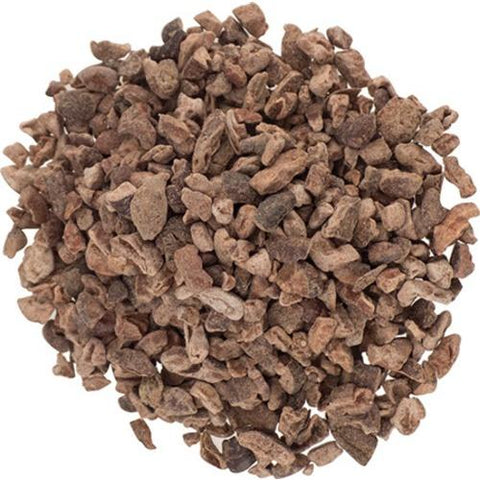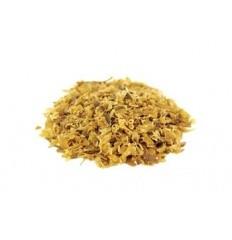Calcium Carbonate
Used to reduce the acidity of wine. It does not require cold-stabilization to force complete precipitation, as does potassium carbonate. However, calcium carbonate is more likely to affect the flavor than potassium carbonate, and may take a few months to fully precipitate. One-quarter ounce (about 4 teaspoons) reduces acidity in one gallon by about 0.25%. Foaming may occur because of the production of CO2. Do not use more than one ounce per gallon. Wait 24 hours and rack wine. Also used in beer to increase the temporary hardness of water. Traditionally used in English stouts, pale ales and bitters.
Usage: Usage varies with acid level
Common name: Chalk
In beermaking: Chalk. Sometimes used for temporary hardness in dark beers. Adjusts pH up.
In winemaking: Used to lower acidity levels. 2.5 grams per gallon will roughly lower acidity by .1%. It does not require cold stabilization to precipitate-out acid like Potassium Carbonate does, but it takes longer, affects flavor, and it reduces tartaric before dropping out malic or citric acids. See AD640 for Potassium Carbonate.
A rough approximate of weight is 1 tsp = 2.7 grams. We highly recommend using a scale to weigh the product for an accurate dose. We do not recommend relying on these rough conversions for accurate dosage rates.
SKUs WM20, WM205LB, WM205LB, WM20LB, WM20S








